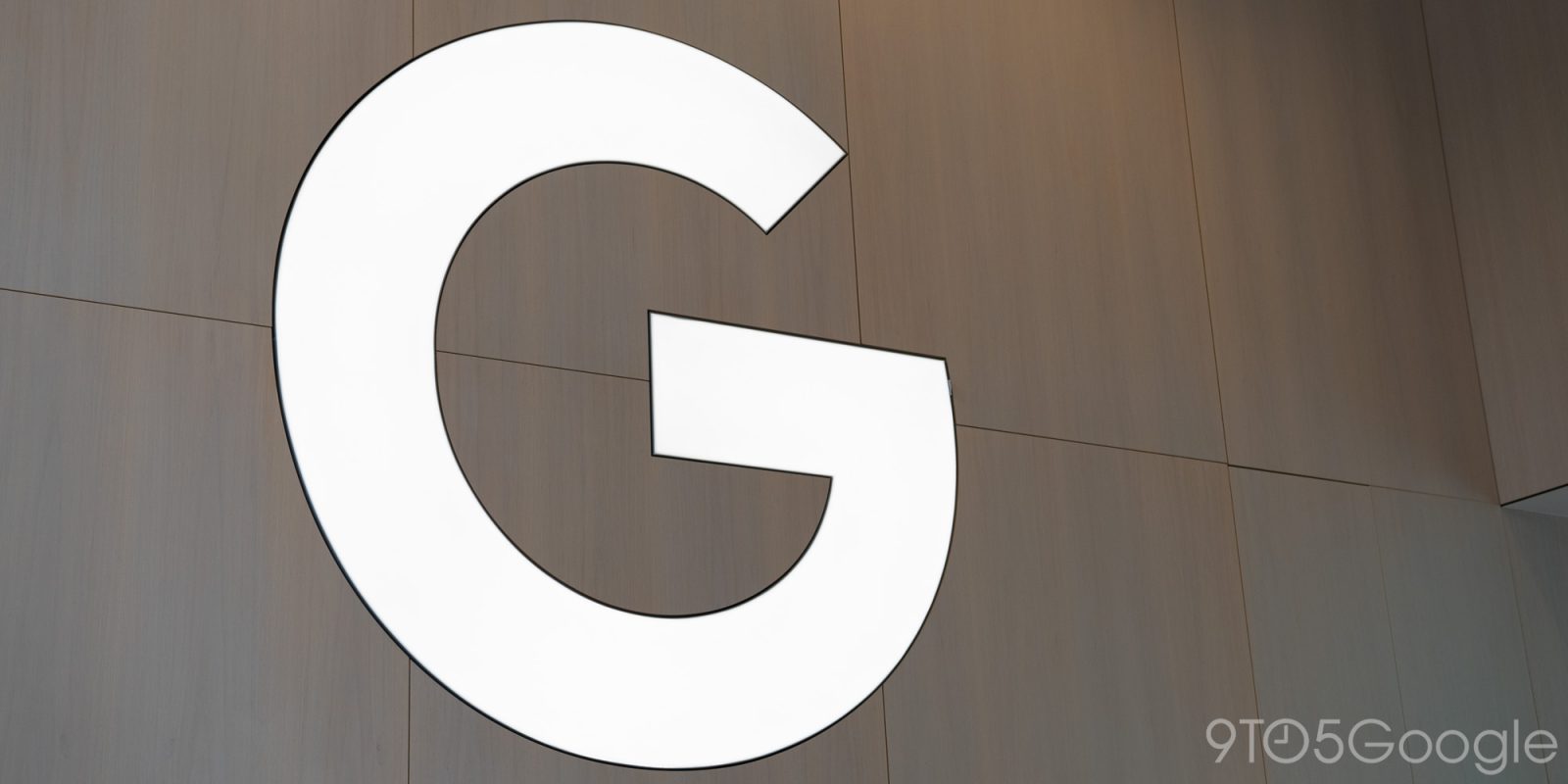
Google today detailed its response to the terrorist attacks in Israel that started on Saturday. Later that day, CEO Sundar Pichai addressed employees in an internal email, with the company continuing to provide updates on the situation.
The company has two offices — Haifa and Tel Aviv — in Israel with over 2,000 employees. Notable product work in the country includes Waze and chip design, while there are research groups focused on machine learning, natural language understanding (NLU), and machine perception across Search, healthcare, and crisis response.
Pichai sent out the company-wide message at around 6 p.m. (PT) on Saturday, which is just several hours after the situation began late on Friday evening/early Saturday morning:
I’m sure by now you’ve all seen the news of the terrible attacks on civilians in Israel, and the escalated conflict now underway.
Google has two offices and more than 2,000 employees in Israel, and it’s unimaginable what they are experiencing right now. Our priority is making sure that every Googler in the area is accounted for and safe — beyond our employees based locally, we have identified more who were traveling there. GSRS is continuing safety checks as we speak — locating every employee and ensuring they have the best security information we can offer from our experts. We’ve spent today connecting with most of them, but it will take some time to reach everyone.
Over the weekend, Google began the process of contacting all employees based in and currently traveling to the area, which is part of its usual internal response during global events and disasters. We’ve learned that it has since completed these safety checks and conveyed security information to them.
Meanwhile, on the product front, Google is making sure Search, YouTube, and its other platforms provide “authoritative information in moments of crisis and breaking news.” Specifically:
Our teams are working around the clock to ensure this, as well as to detect and remove graphically violent, hateful or terrorist content, or coordinated disinformation campaigns.
More broadly, Google Cloud’s Mandiant cybersecurity division “observed fake accounts connected to Iran which are promoting anti-Israeli narratives across various services, as well as investigating reports of distributed denial-of-service (DDoS) attacks by suspected pro-Hamas and pro-Russia hacktivist groups targeting Israeli government websites.”
Updating…
Google’s full statement is below:
“Following the terrible attacks in Israel, our immediate focus has been on ensuring our employees’ safety. We’ve now made contact with all of our local employees, and we’ll continue supporting them.
We’re also working to provide reliable, accurate information to people who use our products. Our systems across Google and YouTube prioritize authoritative information in moments of crisis and breaking news. Our teams are working around the clock to ensure this, as well as to detect and remove graphically violent, hateful or terrorist content, or coordinated disinformation campaigns.
Our cybersecurity experts are also sharing their findings in real time with the broader security community. For example, our security unit, Mandiant, has observed fake accounts connected to Iran which are promoting anti-Israeli narratives across various services, as well as investigating reports of distributed denial-of-service (DDoS) attacks by suspected pro-Hamas and pro-Russia hacktivist groups targeting Israeli government websites.
Our thoughts are with the victims and their loved ones, and all those affected.”
— Google spokesperson
FTC: We use income earning auto affiliate links. More.

Comments